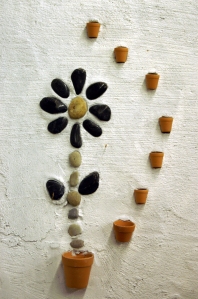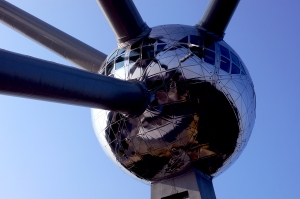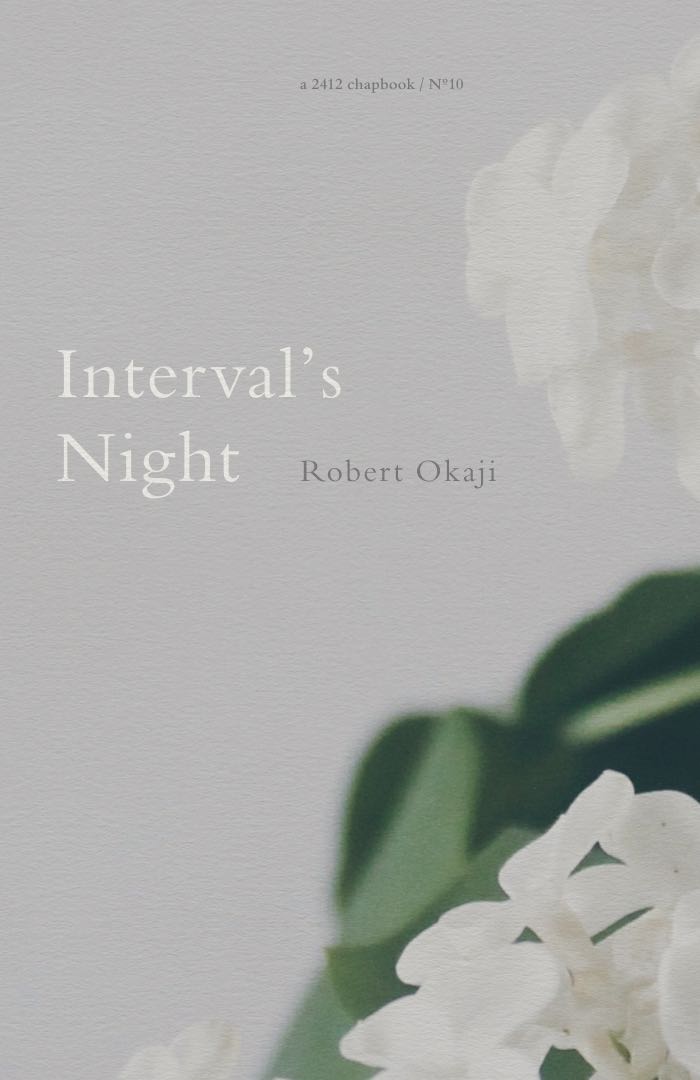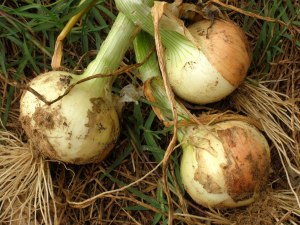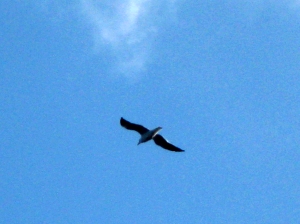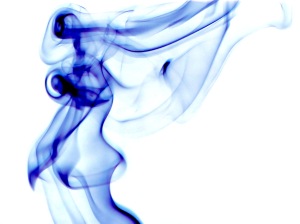Lament for Five White Cat (after Mei Yao-ch’en)
Five White cat always made sure
no rats gnawed my books,
but this morning Five White died.
On the river I offered up rice and fish,
and buried you in its lazy currents,
chanting my lament. I could never neglect you.
One time you caught a rat
and carried it squealing around the yard
to frighten all the other rats
and keep my cottage clear of them.
We’ve shared space aboard this boat,
and although the food is meager
it’s free of rat piss and droppings
because you were so diligent,
more so than any chicken or pig.
Some people speak highly of horses,
saying nothing compares to them or donkeys.
But we’re done with that discussion!
My tears prove it so.
* * *
The transliteration from Chinese-poems.com:
Self have 5 white cat
Rat not invade my books
Today morning 5 white die
Sacrifice with rice and fish
See off it at middle river
Incantation you not you neglect
Before you bite one rat
Hold in mouth cry around yard remove
Want cause crowd rat frightened
Thought will clear my cottage
From board boat come
Boat in together room live
Dry grain although its thin
Evade eat drip steal from
This real you have industriousness
Have industriousness surpass chicken pig
Ordinary person stress spur horse drive
Say not like horse donkey
Already finish not again discuss
For you somewhat cry
A Song Dynasty poet, Mei Yao-ch’en (or Mei Yaochen) died in 1060. His great poems live on.



